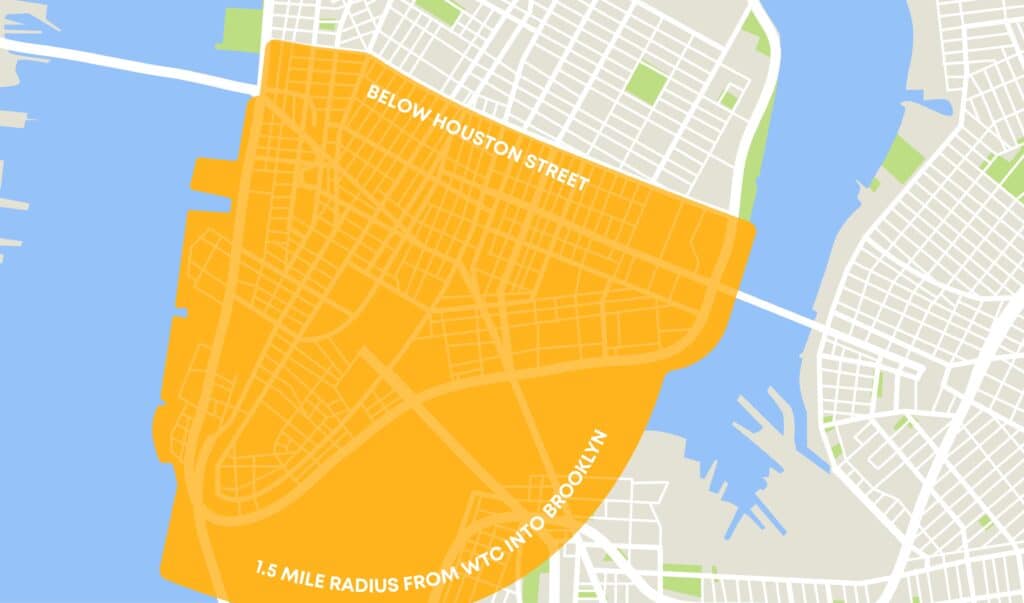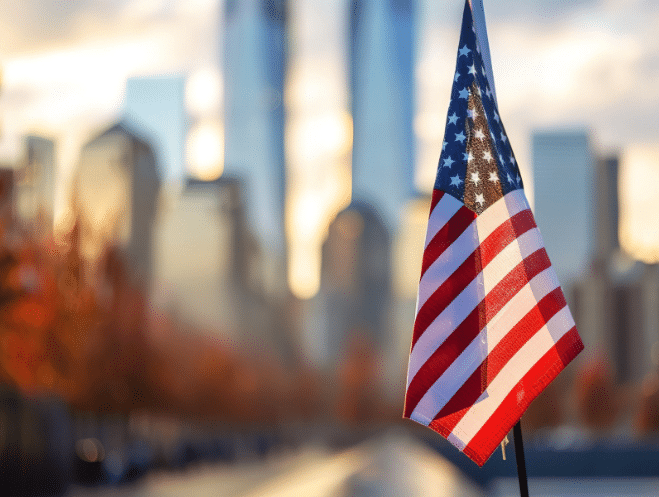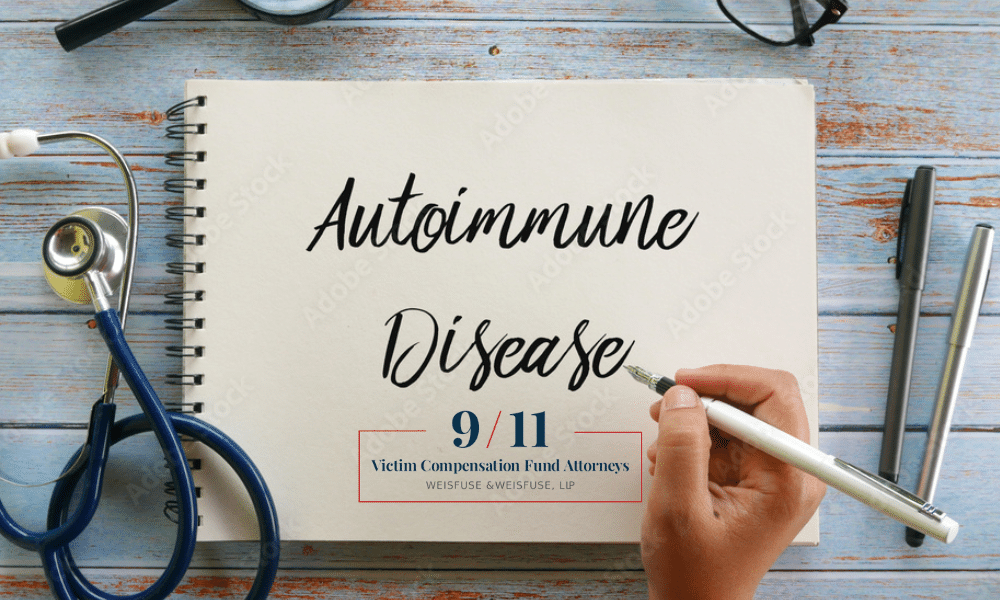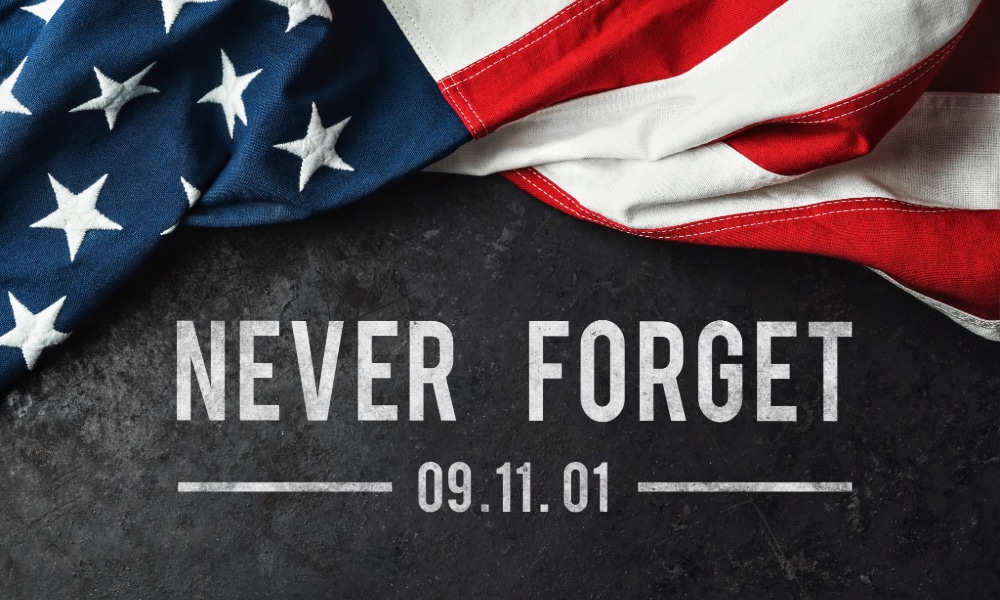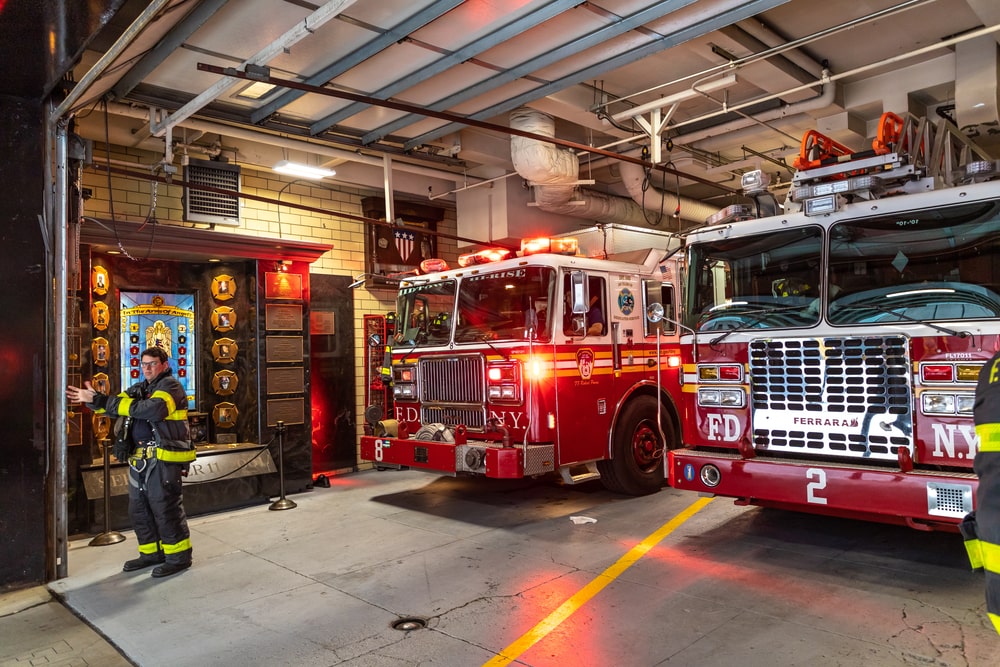
One of the many serious health conditions suffered by those exposed to toxic dust in the aftermath of the 9/11 attacks is chronic obstructive pulmonary disease (COPD).
COPD is a progressive and potentially debilitating respiratory disease that causes inflammation in the lungs, inhibits airflow, and restricts breathing. Sufferers experience asthma-like symptoms, such as fatigue, chest tightness, shortness of breath and respiratory infections but may also suffer from unexpected weight loss and swelling in their legs and feet.
It is estimated that the first responders who rushed to the scene of the attacks and who were in the Exposure Zone in the immediate aftermath of the attacks have a 30 percent higher risk of developing COPD than those who arrived later.
Eligible first responders or survivors who suffer from COPD or asthma may be able to claim both medical and financial support via the WTC Health Program (WTCHP) and the Victim Compensation Fund (VCF).
9/11 asthma and COPD compensation claims
The giant clouds of dust, ash, debris, and toxins present in the air at Ground Zero are directly related to several serious respiratory conditions, such as asthma and COPD.
The first responders were exposed to the most harmful effects of the toxic particles that lingered in the air for months afterward and affected those who lived, worked, or studied in Lower Manhattan.
Anyone who was exposed to this lethal concoction and was later diagnosed with asthma or COPD can seek medical assistance for their condition via the WTCHP and financial support for the pain, suffering and economic losses caused by their condition via the VCF.
COPD sufferers are generally awarded between $10,000 and $90,000 from the VCF. The precise amount will depend on the severity of the condition — and more information about the eligibility criteria is included below.
Links between Ground Zero and asthma / COPD
The harmful chemicals present in the toxic dust at Ground Zero included asbestos, jet fuel, silica, metals, concrete and glass.
As the fires raged in the area (continuing for months until the end of the year), further carcinogenic by-products from smoke, vapors and gas were released into the air and lingered there for many months in 2002. These substances affected residents, workers, and students as well as the first responders.
It wasn’t long before people exposed to the air in Lower Manhattan at the time started complaining of breathing problems like asthma. Many of these were subsequently diagnosed with COPD.
Research showed that people who lived or worked within 1.5 miles of the World Trade Center were more likely to suffer from asthma and other respiratory illnesses than those who did not.
Reasonably, it was concluded that exposure to high levels of airborne contaminants over an extended period could cause chronic inflammation in the lungs that led to coughing, wheezing, chest tightness and difficulty breathing associated with asthma and COPD.
How to know if you qualify for asthma or COPD compensation
It’s not only exposure to toxins and chemical fumes that can cause COPD and asthma. Breathing difficulties can be triggered by many things, including allergens like pollen and smoking. A family history of asthma also makes breathing conditions more likely and viral infections can cause breathing difficulties too.
However, for first responders who suffer from asthma or COPD and were exposed to 9/11 toxic dust, the presumption will almost certainly be that the cause of the condition is 9/11-related.
This is because it is well recognized that “asthma or persistent asthma-like symptoms” are directly related to the conditions experienced at Ground Zero in the months following the attacks.
First responders can, therefore, generally claim compensation from the VCF. As part of the James Zadroga 9/11 Health and Compensation Act, this fund provides valuable financial support to cover medical costs, lost wages, future lost earnings/pensions, replacement services and other financial losses related to 9/11-related illnesses, such as asthma and COPD.
Victims can also claim non-pecuniary losses from the fund, covering pain and suffering and the negative impact of the condition on one’s quality of life.
Funding for the VCF is assured until October 1, 2090, and is, therefore, almost guaranteed to cover the full lifespans of those negatively impacted by 9/11.
To qualify for compensation from the VCF, a victim must:
- Have a 9/11-related injury or condition (asthma or COPD qualifies)
- Have been in the Exposure Zone between September 11, 2001, and May 30, 2002
Any first responder or 9/11 survivor (or their families) seeking compensation from the VCF should first register with the fund. A private physician or the WTC Health Program (WTCHP) should also provide a formal diagnosis of the respiratory condition and the appropriate treatment before compensation is sought.
COPD treatment through the WTC Health Program
The World Trade Center Health Program (WTCHP) is part of the James Zadroga 9/11 Health and Compensation Act. The program was specifically created to help first responders and individuals exposed to the 9/11 toxic dust receive free professional medical assistance for related health conditions.
To be eligible for the program, a victim must:
- Have been present at the WTC site, Pentagon site or Shanksville, PA site on or after 9/11, or
- Have been a rescue, recovery or cleanup worker at any of these locations.
This, therefore, includes first responders, who can report their health conditions to the program and receive the appropriate medical diagnosis and care at no cost.
Asthma and COPD are certified 9/11-related conditions. Recommended treatment options for these conditions are available for sufferers. Although there is no cure for either condition, they can be managed, and symptoms controlled so that individuals can often continue to live relatively normal lives.
A variety of medications, inhalers, and complementary therapies such as breathing exercises and acupuncture can assist those suffering from a respiratory condition.
Any first responder who has contracted COPD or asthma post-9/11 and is unsure how to claim treatment or compensation via the various programs available should seek legal assistance from an experienced 9/11 attorney.
To discuss your situation and learn more about how we may be able to help you, please call Weisfuse & Weisfuse, LLP at 212-983-3000 or contact us online to schedule a free consultation.
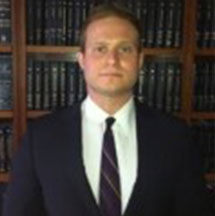
About Jason Weisfuse –
9/11 Victim Compensation Fund Attorney
About Jason Weisfuse –
9/11 Victim Compensation Fund Attorney
Jason E. Weisfuse is a seasoned 9/11 cancer attorney and managing partner at Weisfuse & Weisfuse, LLP, a New York City-based law firm dedicated to representing individuals affected by the September 11th attacks. Since the establishment of the September 11th Victim Compensation Fund (VCF), Jason has been instrumental in assisting first responders, survivors, and families in securing the compensation and medical benefits they deserve.
With a Juris Doctor from New York Law School (2009), Jason brings extensive experience regarding the 9/11 Victim Compensation Fund to his practice. His deep understanding of the VCF and the World Trade Center Health Program (WTCHP) has enabled him to navigate complex claims processes effectively, resulting in substantial awards for his clients.
Jason’s commitment to the victims in the 9/11 community is evident through his active involvement in professional organizations such as the New York State Trial Lawyers Association and the American Association for Justice. He has also contributed to legal discourse with publications in the New York Law Journal, reflecting his dedication to legal excellence and advocacy.
At Weisfuse & Weisfuse, LLP, Jason continues to provide compassionate and knowledgeable representation, ensuring that those affected by 9/11 receive the support and compensation they are entitled to.


